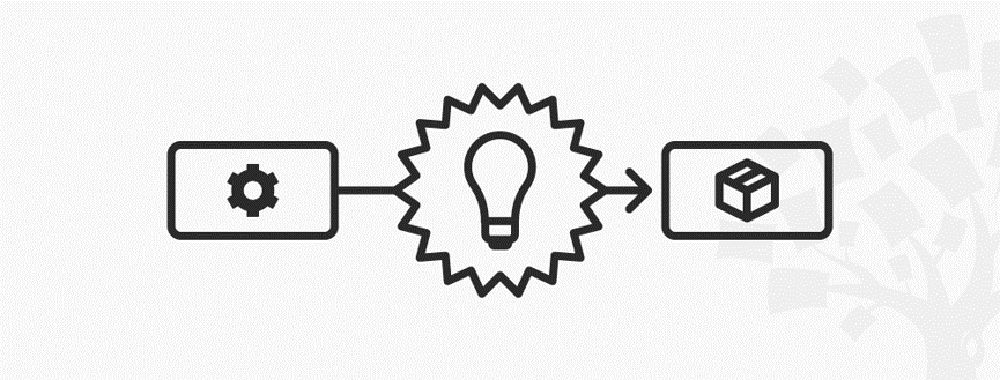Take a deep dive into Time Management with
our course
Creativity: Methods to Design Better Products and Services
.
The overall goal of this course is to help you design better products, services and experiences by helping you and your team develop innovative and useful solutions. You’ll learn a human-focused, creative design process.
We’re going to show you what creativity is as well as a wealth of ideation methods―both for generating new ideas and for developing your ideas further. You’ll learn skills and step-by-step methods you can use throughout the entire creative process. We’ll supply you with lots of templates and guides so by the end of the course you’ll have lots of hands-on methods you can use for your and your team’s ideation sessions. You’re also going to learn how to plan and time-manage a creative process effectively.
Most of us need to be creative in our work regardless of if we design user interfaces, write content for a website, work out appropriate workflows for an organization or program new algorithms for system backend. However, we all get those times when the creative step, which we so desperately need, simply does not come. That can seem scary—but trust us when we say that anyone can learn how to be creative on demand. This course will teach you ways to break the impasse of the empty page. We'll teach you methods which will help you find novel and useful solutions to a particular problem, be it in interaction design, graphics, code or something completely different. It’s not a magic creativity machine, but when you learn to put yourself in this creative mental state, new and exciting things will happen.
In the “Build Your Portfolio: Ideation Project”, you’ll find a series of practical exercises which together form a complete ideation project so you can get your hands dirty right away. If you want to complete these optional exercises, you will get hands-on experience with the methods you learn and in the process you’ll create a case study for your portfolio which you can show your future employer or freelance customers.
Your instructor is Alan Dix. He’s a creativity expert, professor and co-author of the most popular and impactful textbook in the field of Human-Computer Interaction. Alan has worked with creativity for the last 30+ years, and he’ll teach you his favorite techniques as well as show you how to make room for creativity in your everyday work and life.
You earn a verifiable and industry-trusted Course Certificate once you’ve completed the course. You can highlight it on your resume, your LinkedIn profile or your website.


